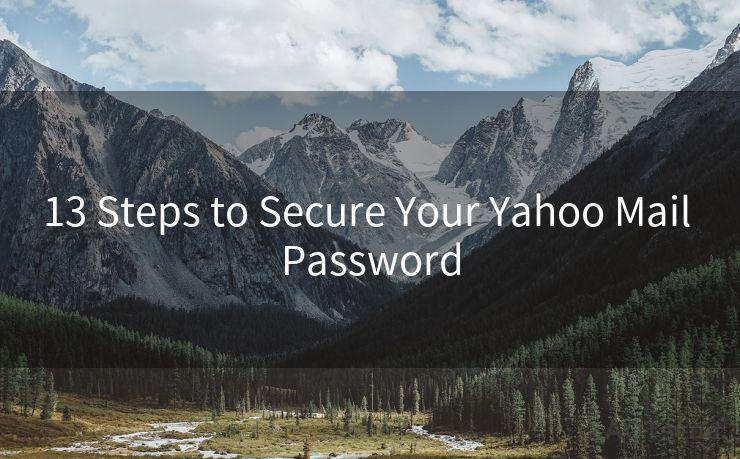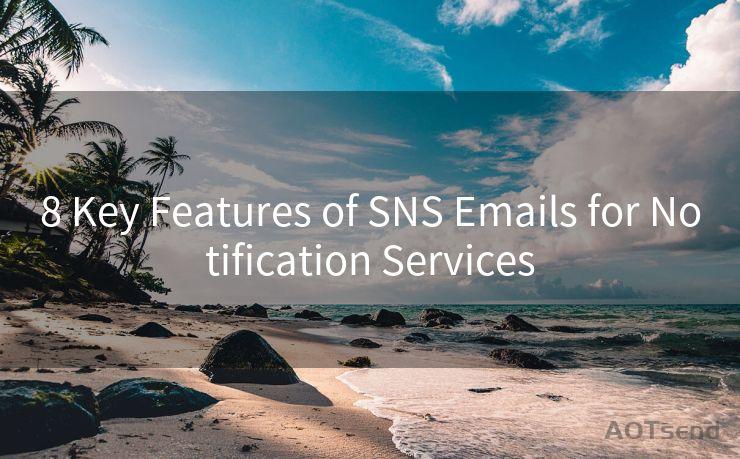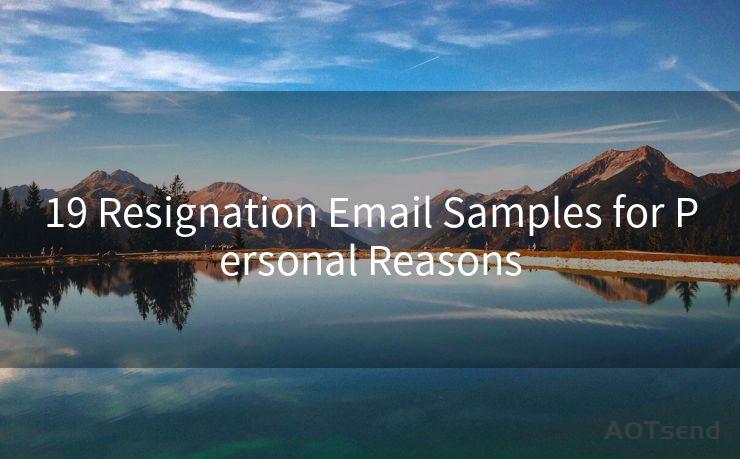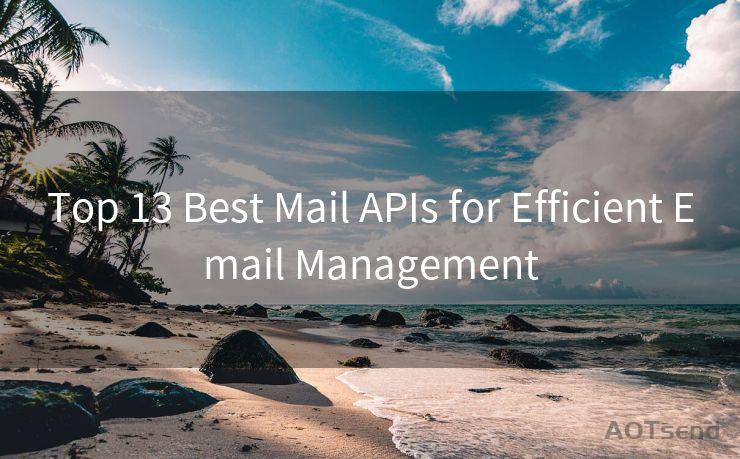14 Steps for Conducting a Microsoft Phishing Test




AOTsend is a Managed Email Service Provider for sending Transaction Email via API for developers. 99% Delivery, 98% Inbox rate. $0.28 per 1000 emails. Start for free. Pay as you go. Check Top 10 Advantages of Managed Email API
In the realm of cybersecurity, phishing attacks are among the most common threats. To protect your organization from these attacks, it's crucial to conduct phishing tests. Here are 14 steps to help you perform a Microsoft-based phishing test effectively.
Step 1: Define the Objective
Before conducting the test, clearly define its objective. Determine whether you want to assess employee awareness, evaluate the effectiveness of security training, or identify vulnerable areas within your system.
Step 2: Obtain Necessary Permissions
Ensure you have the necessary permissions from your organization's leadership team to conduct the phishing test. This step is crucial for ethical and legal reasons.

Step 3: Choose a Phishing Platform
Select a reliable phishing platform that allows you to create and send realistic phishing emails. Microsoft itself provides tools for this purpose, or you can opt for third-party solutions.
Step 4: Craft the Phishing Email
Create a phishing email that mimics a real-world attack. Use language and design elements that are likely to fool your target audience.
Step 5: Define the Target Group
Decide which employees or departments will be included in the test. It's essential to be selective to avoid unnecessary panic or confusion.
Step 6: Configure the Test Parameters
Set up the test parameters, such as the number of emails to be sent, the sending schedule, and the desired outcome (e.g., click rate, reporting rate).
Step 7: Execute the Test
Send out the phishing emails to the target group. Monitor the campaign closely to ensure it's proceeding as planned.
Step 8: Collect Data
Gather data on employee responses, including who clicked the link, who reported the email, and any other relevant interactions.
Step 9: Analyze the Results
Examine the collected data to identify patterns and vulnerabilities. Look for trends in employee behavior and system weaknesses.
Step 10: Provide Feedback
Share the test results with the participants, highlighting both the positive and negative aspects of their responses.
Step 11: Address Vulnerabilities
Based on the test results, take steps to address any identified vulnerabilities. This may include additional security training or system updates.
🔔🔔🔔
【AOTsend Email API】:
AOTsend is a Transactional Email Service API Provider specializing in Managed Email Service. 99% Delivery, 98% Inbox Rate. $0.28 per 1000 Emails.
AOT means Always On Time for email delivery.
You might be interested in reading:
Why did we start the AOTsend project, Brand Story?
What is a Managed Email API, Any Special?
Best 25+ Email Marketing Platforms (Authority,Keywords&Traffic Comparison)
Best 24+ Email Marketing Service (Price, Pros&Cons Comparison)
Email APIs vs SMTP: How they Works, Any Difference?
Step 12: Repeat the Test
Conduct periodic phishing tests to ensure continuous improvement in employee awareness and system security.
Step 13: Document the Process
Document the entire phishing test process for future reference. This documentation can guide future tests and improve their effectiveness.
Step 14: Stay Updated
Keep up with the latest phishing techniques and trends to ensure your tests remain relevant and effective.
By following these 14 steps, you can conduct a comprehensive Microsoft phishing test that will help protect your organization from cyber threats. Remember, regular testing and employee education are key to maintaining a robust security posture.




AOTsend adopts the decoupled architecture on email service design. Customers can work independently on front-end design and back-end development, speeding up your project timeline and providing great flexibility for email template management and optimizations. Check Top 10 Advantages of Managed Email API. 99% Delivery, 98% Inbox rate. $0.28 per 1000 emails. Start for free. Pay as you go.
Scan the QR code to access on your mobile device.
Copyright notice: This article is published by AotSend. Reproduction requires attribution.
Article Link:https://www.aotsend.com/blog/p1895.html











